新加坡国立大学(NUS)法学院介绍和今年入学答疑FAQ
01 NUS/LLM/介/绍
新加坡国立大学的法学院成立于1956年,每一届NUS的法学院约有240名本科毕业生,毕业后可直接进入新加坡法律界。大多数学生在四年内完成法学学士课程,个别优秀学生可以在三年内完成本科。该学院还提供了一些法律与经济、商业、公共政策和生命科学相结合的双学位课程。
法学院目前有大约有1000名本科生和200名研究生。大约10%的本科生和90%以上的研究生是国际学生。研究生来自亚洲、欧洲、北美和南美、非洲和大洋洲的35个国家。
研究生LLM学位一般仅面向有法学本科学位的同学开设,且毕业后不能留在新加坡执业,目前NUS的LLM有以下专业方向:
亚洲法律研究
该方向2003年借助于亚洲法律研究所成立所产生的势头开设,增加了新加坡国立大学法学院研究生课程的多样性。该方向是全球仅有的少数特色课程,允许学生深入学习南亚、东南亚和东亚的法律、法律体系、机构和法律传统。它还提供了一个机会,使人们有机会把重点放在特定的法律领域(如商法、宪法和国际法),因为这些领域在整个充满活力的亚洲大陆都有。专业化将使学生不仅能够在更广泛的社会文化背景下理解法律,而且能够理解法律与区域商业、贸易和政治的联系。
公司和金融服务法
该专业包括银行学(国内和国际)、公司法和公司金融、金融服务和证券以及税务等选修课程。它使学生在所涉及的学科中获得理论基础和实践专长。新加坡作为亚洲的商业中心,是追求这些主题的理想之地。
知识产权与技术法
这一专业侧重于科学技术迅速发展所引起的法律问题。提供的课程包括传统知识产权法课程,包括版权、专利、设计、商标和机密信息;以及其他专门针对相关技术的课程,如生物医学法、电信法和互联网法。
国际仲裁和争端解决
这一方向使学生能够深入了解国际仲裁和争端解决的法律,并受益于新加坡在全球仲裁领域的领先优势。学生们还可以接触到该领域的一些顶级仲裁员和学者。本专业课程包括国际公法和国际私法。本区域和世界上离岸法律工作的机会越来越多,这也使本方案提供的单元与外地特别相关。
国际法和比较法
这种专业化提供了公法和国际私法以及比较法模块的良好组合。有侧重于贸易、投资和商业问题的课程;也有涉及国际公法、人权和环境保护等单元的课程。此外,还开设了专门课程关注中国、美国、欧盟国家、印度、印度尼西亚、韩国和越南等主要国家的法律。
海洋法
这一专业使学生能够获得与商业航运、海上保险、航运规则和海洋政策有关的法律问题的专门知识。这些地区对新加坡(鉴于其作为全球港口的地位)以及该地区都非常重要。
国际商法专业法学硕士
国际商法专业法学硕士学位很有特色,与华东政法合办,在新加坡国立大学上一个学期,上海华东政法大学上第二学期,颁发NUS的学位证,受国家认可,既学习了英美法系的逻辑,又结合中国实践,合理解决了海外LLM学位学习内容在大陆的适用性问题。
MPP/MPA双学位课程
自2008年8月起,法学院与李光耀公共政策学院合作开办了两个双学位课程,即LLM-MPP和LLM-MPA。
具体招生要求如下:
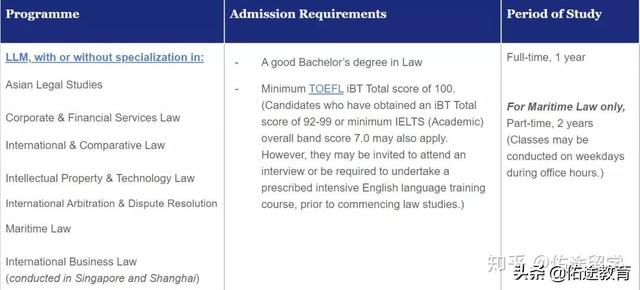
02 今年入学FAQ重点
由于法学院答疑全文内容较多,为节约大家的阅读时间,我们划出了重点,方便大家了解(同时也在下面附上了原文,方便大家查漏补缺)
1)不排除网课,网课用Zoom,大家要适应,这是以后的一种应急趋势
2)50人以下的专业可以在校授课,大课可能需要在线上
3)学生获得IPA后,还需要在国际旅行系统里面登录自己的预期入境时间,政府批准入境许可后,需要在14天内入境,或者预计入境时间的14天内入境;若擅自入境,可能需要承担被遣返的费用
4)入境后是否需要隔离需遵从政府安排,可能会隔离14天
5)因疫情考试和毕业延期的同学,在7月31日前仍无法提供相应成绩单和学位,需要向学校提供本科院校出具的官方证明,证明已经过了考试和获得了学位,或者预期拿到学位的时间
6)今年法学院的LLM允许延期1年,在6月30号之前向学校提交申请就行。
7)第一学期的学费一般需要在第三个教学周末之前交齐,若特殊情况可在第7个教学周末即10月初交齐;若上完第二周退学,学费可能不能退
8)新学期预计校园8月10号左右开放
03 开学答疑FAQ全文
COVID-19 in Singapore
Q. What is the situation regarding COVID-19 in Singapore?
As of 31 May 2020, Singapore has had 34,884 cases with 23 fatalities. Of these, a total of 21,699 patients have recovered, exceeding the number of active cases.
The latest updates are available at https://www.gov.sg/features/covid-19.
Q. What measures has the Government undertaken to stem the transmission of the virus?
On 7 April 2020, Singapore entered a “circuit breaker” period, which requires individuals to stay at home, and leave only for essential activities such as exercise and groceries. Moreover, strict social distancing measures are applicable in public places, and wearing a mask is compulsory. The “circuit breaker” period ends on 1 June 2020, although the resumption of activities thereafter will take place gradually in phases.
Details are available at https://www.moh.gov.sg/news-highlights/details/end-of-circuit-breaker-phased-approach-to-resuming-activities-safely.
Immigration and Travel to Singapore
Q. How do I apply for a visa to enter Singapore?
Currently, travel into Singapore is heavily restricted. However, once an international applicant indicates acceptance of the offer, NUS will submit an application for a Student Pass on behalf of the applicant. We will be sending you the Student Pass login details starting early June. Please complete the same within two weeks of receipts of login details. If approved, the student will receive an in-principle approval (IPA) for the Student Pass. This represents Stage 1 of the process
Please refer to the Singapore Immigration & Checkpoints website at http://www.ica.gov.sg/
Q. Can I register as a student at NUS Law with an IPA?
Yes. While registration is usually carried out in person when the student arrives in Singapore, it will be done online for the academic year (AY) 2020-2021, provided the admission offer has been considered firm. This represents Stage 2 of the process.
Q. Can I enter Singapore with an IPA?
Usually, students only require a valid IPA to enter Singapore for their education. However, due to the COVID-19 situation, the Government has imposed additional restrictions. The University has to apply to the Ministry of Education (MOE) for an Entry Approval for each student, based on additional information the students are required to declare on the Overseas Travel Declaration (OTD) system, including their arrival date into Singapore.
Students must update their OTD in case of any changes in their arrival into Singapore, including date of arrival and flight details. If students are sure of their impending travel, but unsure of the actual flight and date, they can provide an indicative flight and date and enter “ASAP – within two weeks” in the field relating to flight details.
The Entry Approval, once granted, will be valid for a period of 14 days. Students are required to enter Singapore within that period. This represents Stage 3 of the process.
Q. What is the relevance of this sequence of steps?
We expect decisions on the issue of IPA to take place in the normal course prior to the start of the semester (Stage 1). Receipt of the IPA will enable students to register and commence classes online if travel to Singapore is not permitted by the start of the first semester of AY 2020-2021 (Stage 2). Once travel restrictions are eased, and international students are permitted to travel to Singapore, the University will apply for Entry Approval based on the OTD provided by the students. Upon obtaining such approval, students can travel to Singapore for continuing their classes physically (Stage 3).
Students are advised not to travel to Singapore without the Entry Approval, as they will not be able to clear immigration and will be required to fly out of Singapore at their own cost.
Q. Where can I obtain more information about the individual stages?
We will be in touch with you at each individual stage with more information on the steps you need to take and information you need to provide.
Q. Will I be subject to restrictions when I arrive in Singapore?
This will depend upon the Government’s policies at the time, which may include a quarantine or stay-at-home requirement for a specified period (possibly two weeks).
Registration and Fees
Q. I am a student completing my undergraduate law studies this year. My exams and graduation have been postponed due to COVID-19. By when do I need to provide evidence of graduation?
Candidates who anticipate that they will be unable to provide their certificates by 31 July 2020 should write to us with information, confirmed by their University, on when they can reasonably expect to: (i) provide confirmation from their University that they have passed and (ii) receive their degree certificate. We will consider each case on its merits, and may permit matriculation subject to conditions. Such conditions will include (at the minimum) requiring the candidate to complete appropriate documentation setting out the agreed dates by which they must (i) provide confirmation from their University that they have passed, and (ii) submit certified true copies of their degree certificate, failing which they will have to withdraw from the programme. Any fees paid upon such withdrawal are non-refundable.
Q. Is there an option to defer my study?
Deferment may be allowed for one year only. Please note that fees vary from year to year. If you are granted a deferment, you will be subject to the fees applicable for the year that you do attend the programme.
Candidates seeking deferment may email us at [email protected] no later than 30 June 2020 together with their reasons to request for a deferment.
Q. What is the date for payment of tuition fees? Will I obtain a refund if I am unable to travel to Singapore after paying the fees?
While the University is yet to publish the specific due dates for payment of tuition fees for the first semester of AY 2020-2021, usually the fees for the semester are due at the end of the 3rd instructional week in August for all students, except those availing of the General Interbank Recurring Order (GIRO) facility. For those availing of GIRO, the fees are due at the end of the 7th instructional week in early October.
Students who withdraw from the programme are liable to pay fees for the entire semester if they leave after the 2nd instructional week of the semester.
Details regarding fee payment, updates on precise due dates and other student finance matters can be found at http://www.nus.edu.sg/finance/students/student-finance-matters.html#paymentdue.
Academic Matters
Q. When can I choose the modules that I would like to study?
The module registration process is scheduled for July 2020. We will send you more information regarding this in the next few weeks.
Q. Will the classes for the first semester of AY 2020-2021 be conducted physically or online?
It is likely that small classes (i.e., fewer than 50 students) may be held physically, subject to social distancing requirements and other safety precautions (such as wearing a mask to class). However, large classes will be conducted online. This could change depending on the situation that prevails at the start of the semester. But do not worry, we will endeavour to give you the best learning experience we can in these unprecedented times. However, even for classes held physically, international students will have to participate online until they receive their Entry Approval and are able to travel to Singapore.
Q. What is the mode of online learning? Will it be live sessions or recorded lectures?
For seminars (up to 50 students), classes are likely to be held through live sessions via Zoom. Lecture-based teaching for larger classes are likely to be recorded. For international students who may not be able to join live classes due to significant time zone differences, the live sessions are also usually recorded and made available to such students. Please note that the mode of online teaching may vary from module to module, and you are advised to consult the module convenor for the precise details.
Q. How will the clinical modules be offered?
Our clinical modules will be offered with our partner law firms, courts and government agencies in accordance with the COVID-19 measures they have put in place.
Q. Will students engaging in online learning and not physically in class be disadvantaged?
Online learning is a different experience from learning in a physical environment. One just has to get used to it; it will be the “new normal” as countries ease their lockdown measures. An advantage using Zoom teaching in seminars is that students get to see the facial expressions and reactions of their professors and other students close-up. It can even bring a seminar of 50 students closer in this way. Often in a traditional seminar room set-up, students are seated in rows and they are unable to see the faces of students seated in front when these students are speaking. With the “spotlight video when speaking” function on Zoom, everyone can see the face of the person speaking. Students are also able to “share” materials easily in a discussion. In summary, there are a number of advantages in a well-managed online learning environment.
Health and Campus Safety
Q. When will the campus open for students?
The University is planning to reopen its campus for the new academic year on 10 August 2020. As mentioned earlier, while some classes will be held physically, others will be online.
Q. What are the health and safety measures being considered for students on campus?
To minimise intermingling of students, the University intends to divide its campuses into different zones. Students and faculty will have to keep within their designated zone for all activities including attending classes and eating at canteens. Those taking up cross-faculty modules that require them to step outside their designated zone will have to take up the courses online. The Bukit Timah campus, where the Law School is located, is a separate zone by itself.
Other measures, including safe distancing, temperature declaration, contact tracing and more will be established. These will be consistent with the Government’s guidelines on health and public safety.
Details regarding some of these measures can be found at https://www.straitstimes.com/singapore/education/nus-plans-to-open-campus-in-august-but-keep-students-within-assigned-zones.
Q. What are my options for University accommodation bearing in mind the designated zones?
Currently, the University accommodation at College Green has been designated in the same zone at the Bukit Timah campus. Students desiring to avail of University accommodation may consider applying for housing there. Please note that housing units are limited and we are unable to guarantee availability. Hence, students must also consider alternative off-campus housing options.
Details regarding housing are available at http://www.nus.edu.sg/osa/student-services/hostel-admission/graduate.
- END -
文字:来源于NUS官网和官方邮件通知
图片:来源于网络,侵删

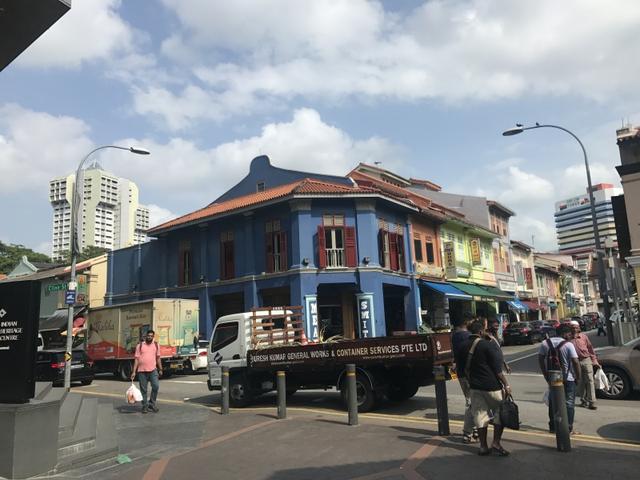
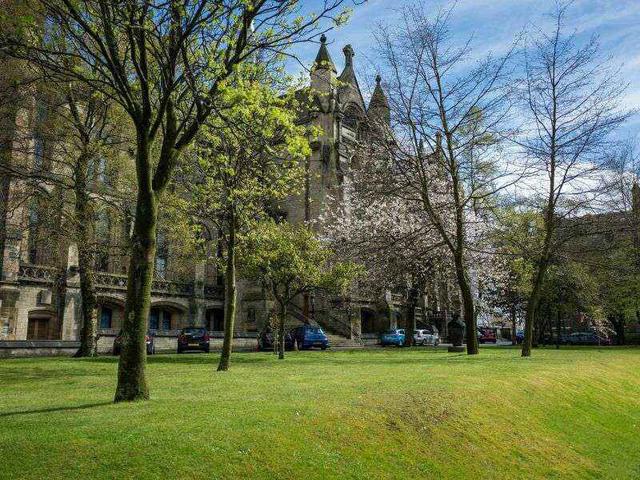

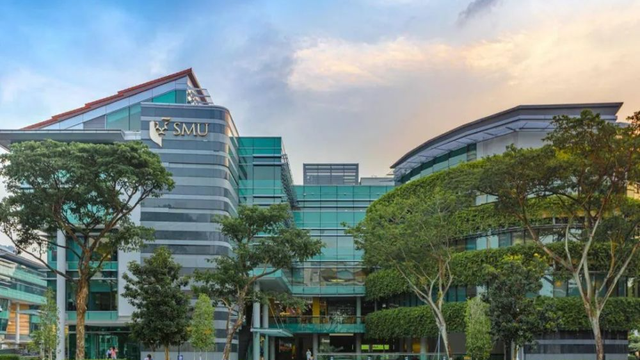
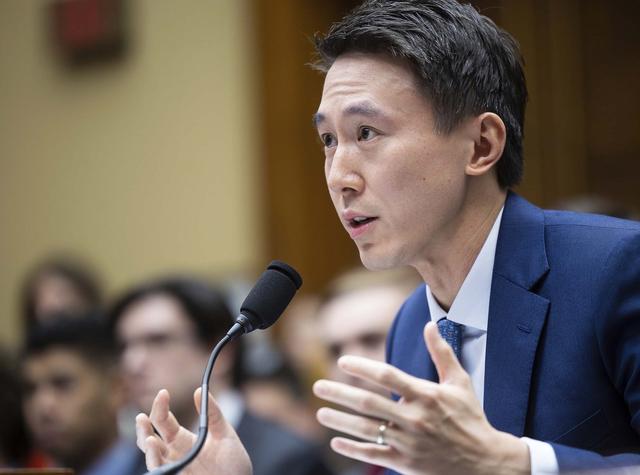



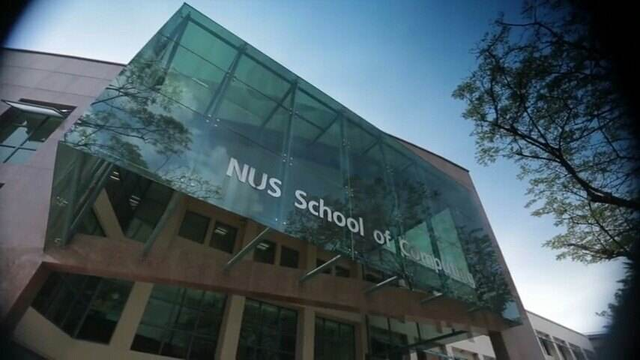
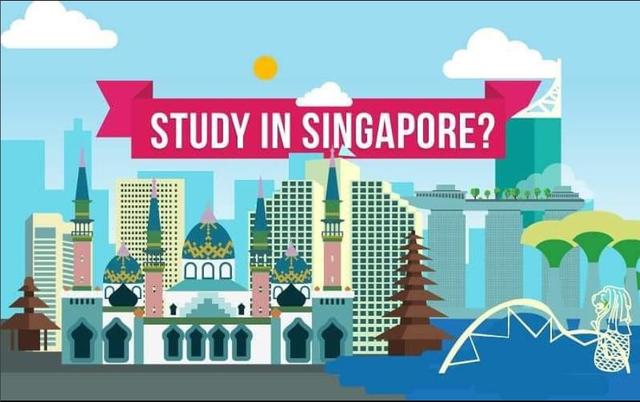
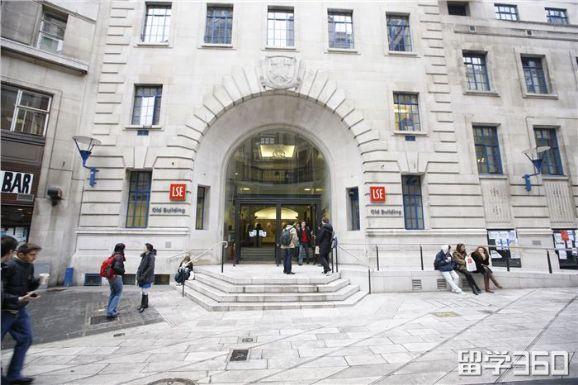










评论